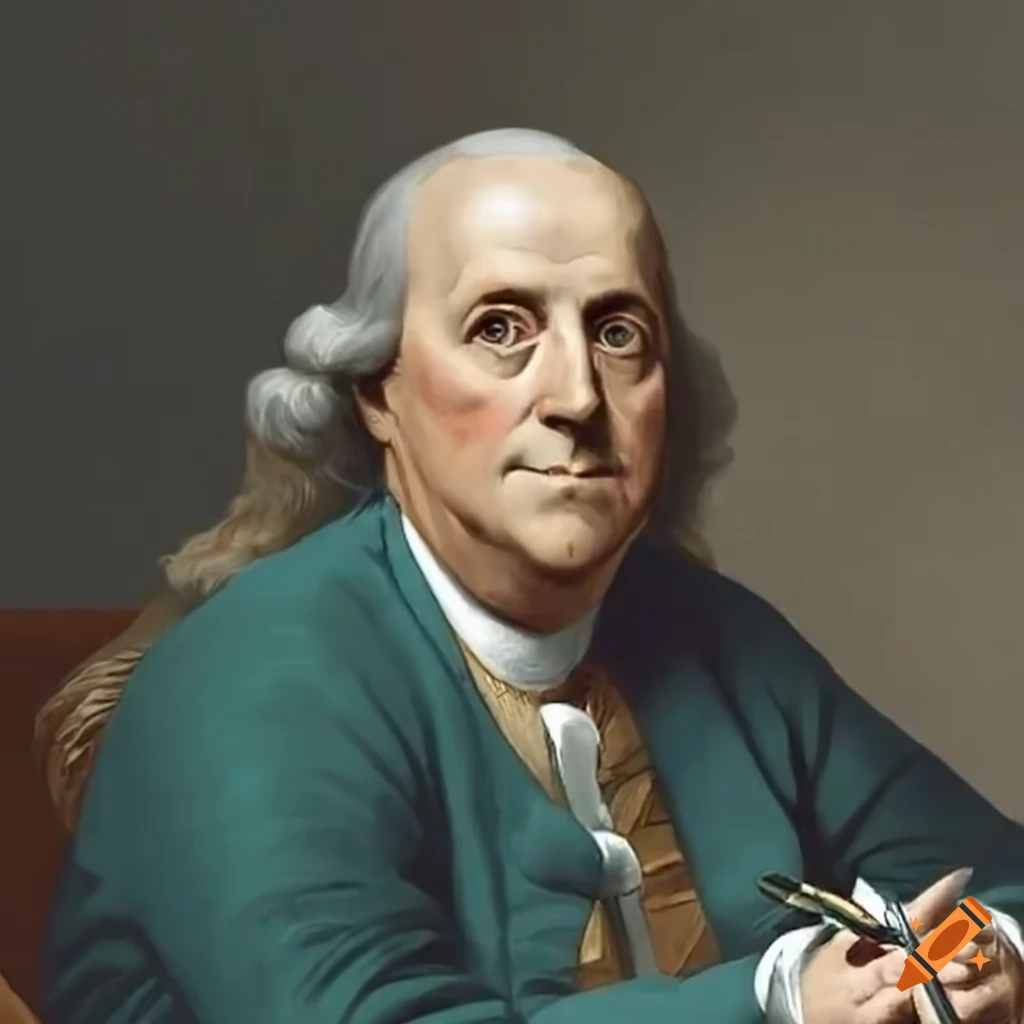
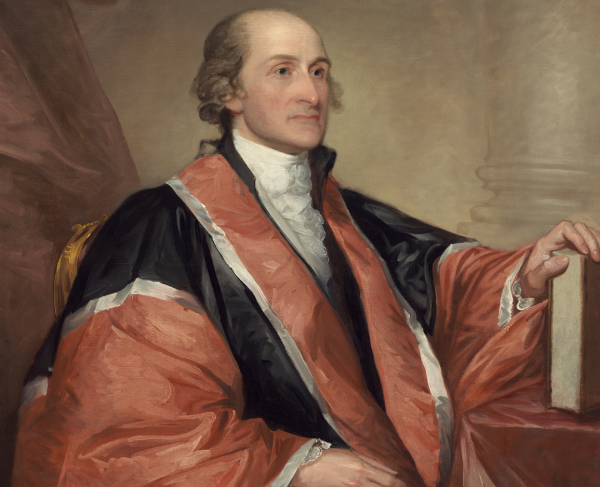

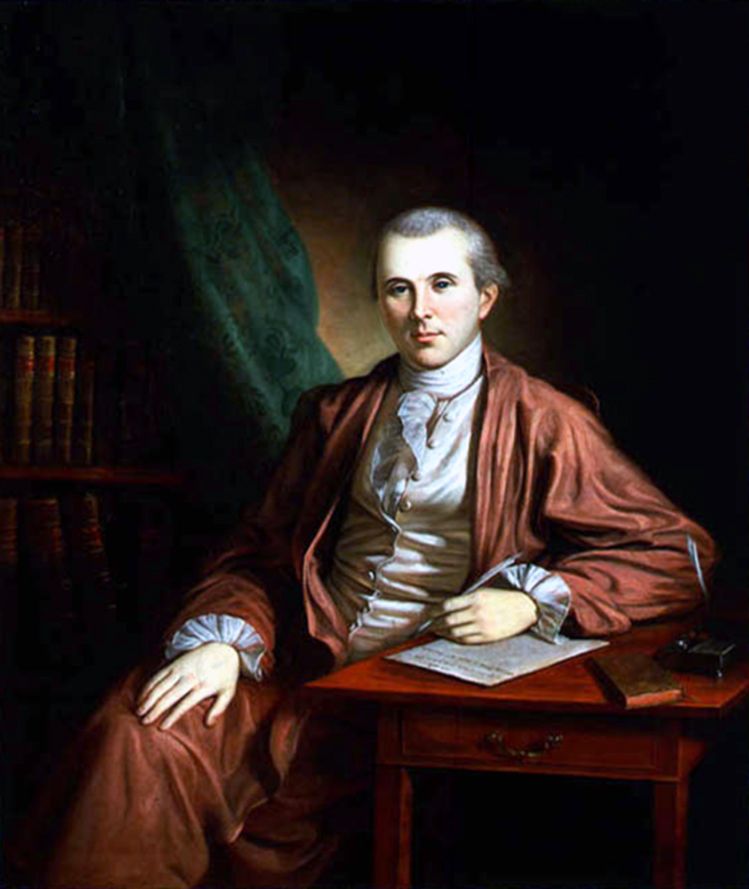
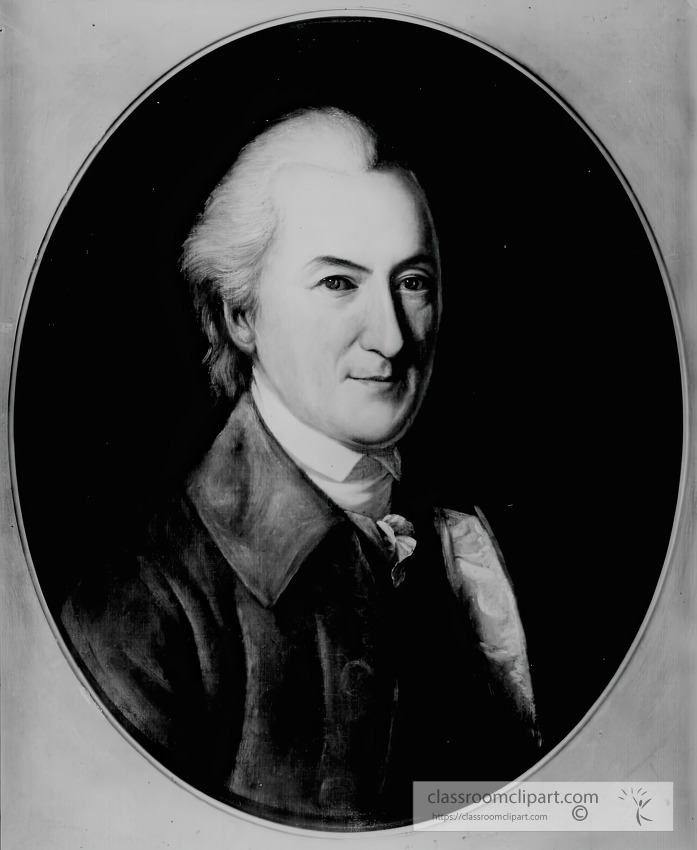
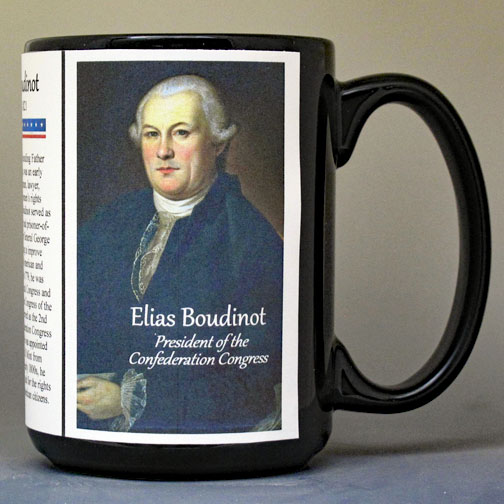






“Slavery was indeed bad”. What’s with the “was”? There are more slaves in Africa and Asia today than at any point in world history. Do the people screaming about slavery 200 years ago in the U.S. even care? No. They don’t care.
Smithsonian is something that all of us used to think was something that was on our side
/
I have NEVER thought that of those snotty reprobate darwinist cultists.
The Ones who kept all their slaves? Perhaps the ones that deliberately wrote slavery into the US Constitution? (Article IV, Section 2)
I don't think you are coping well with history that won't bend to what you wish it to be.
Benjamin Franklin was a slaveowner most of his life. Near the end he became outspoken opponent of slavery even publishing articles against the practice.
The Smithonian has been corrupt and political for over 100 years. Decades after the Wright Brothers’ successes, they continued to give credit to Samuel Langley as almost a co-inventor of flight. He weaseled about $100,000 dollars from the Smithonian and the War Department to support his deveopment of his machine “Aerodrome” in the late 1890’s.
Although it crashed spectacularly several times, the Smithonian would not admit the Wrights were the first. I don’t think the Wrights even let the Institution have their plane for display until the 1930’s AND they insisted on proper recognition. Reluctantly, the Smithonian agreed.
BTW, my Indian friends say the Smithonian related National Museum of the American Indian is just as bad.
Let’s read what Frederick Douglass had to say:
“In his 1860 speech “The Constitution of the United States: is it pro-slavery or anti-slavery?”, Frederick Douglass cites the Notes of Debates in the Federal Convention of 1787 left behind by James Madison in order to describe four provisions of the Constitution that are said to be pro-slavery. In examining the history of how the clauses were debated and structured, he argues either that they are not pro-slavery or that they do not concern slavery.
He argues that the Three-Fifths Clause (Article I, section 2) “deprives [slave] States of two-fifths of their natural basis of representation”; that the Migration or Importation Clause (Article I, section 9) allowed Congress to end the importation of slaves from Africa in 1808; that the Fugitive Slave Clause (Article IV, section 2) does not apply to slaves but rather to “Person[s] held to Service or Labour”, which do not include slaves, because a slave “is a simple article of property. He does not owe and cannot owe service. He cannot even make a contract”; and that the clause giving Congress the power to “suppress Insurrections” (Article I, section 8) gives Congress the power to end slavery “[i]f it should turn out that slavery is a source of insurrection, [and] that there is no security from insurrection while slavery lasts....”
I am looking forward to checking out the references and links. I agree with you, the role of the Crown and of the abolitionist founders should be recognized on this subject.
Thanks for posting.
Life was hard in the early 1800’s. The white sharecroppers dies of starvation while slaves were fed because they had value.
The problem with Franklin was that he was a slave owner at one point. I think the Smithsonian ought to have a display about the Quakers who joined Franklin in forming the early abolitionist societies. Hamilton’s friend John Laurens, who promoted abolition, but died during the war would be another possibility.
bkmk
Bookmarked! Thank you.
Someone needs to pass on this question to Truth Social and/or Ric Grenell — or whomever is heading up this investigation.
Why is it that I can find Colonial Patriots who were abolitionists, but you guys can't find one single loyalist who was an abolitionist?
Patriots:
1: Benjamin Franklin
2: John Jay
3: Stephen Hopkins
4: Benjamin Rush
5: John Dickinson
6: Elias Boudinot
Loyalists: (The King's Men)
1: ?
2: ?
3: ?
4: ?
5: ?
6: ?
Is that because it was the Americans who invented abolitionism? I think so!
I’m just going to say this again, just as a standalone comment.
When I say abolitionism I obviously mean transatlantic abolitionism in the context of Africans, black slaves on plantations, slavery, and the era of the American Revolution.
This should not need to be said. Yet, it needs to be said.
I’m over the black race
And homosexuals
Slave owning or prior slave owning founders together contributed more to our current freedoms than the few so called abolitionist founders which is a stretch in itself
Do give it up
This national review bash southerners to deflect bullshit honestly
Paging whiskey papa and ditto
Two turds
Yeah, that Franklin guy was really amazing.
This is ridiculous.
Slavery was an institution back in the founding of the US.
Those both for and against slavery are part of that history.
It’s ALL part of US History. ALL. OF. IT.
Can people not tell the patriotic story of the US AND discuss the issue of slavery AND the those involved in keeping it OR banishing it?
I believe part of the problem is that many people just cannot think critically. It seems to be about two tribes and neither trusts the other.